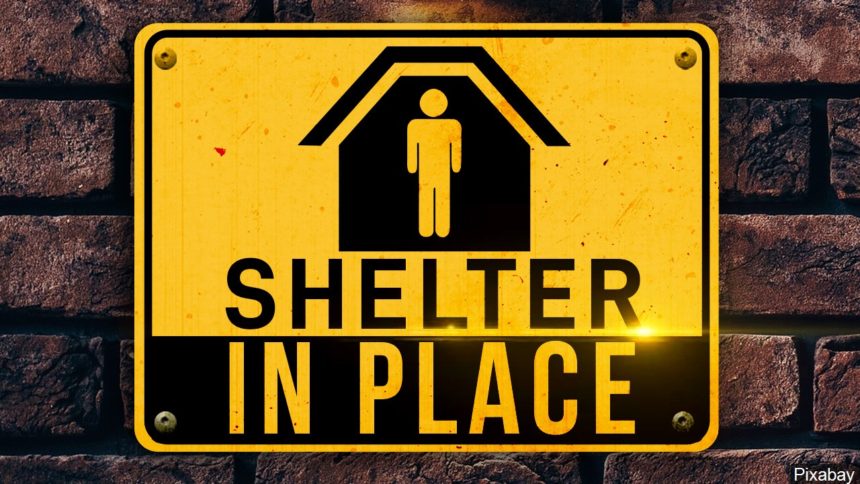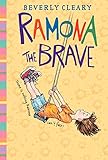US Lawmakers Pass $2.2 Trillion Relief Bill To Help Blunt The Economic Impact Of COVID-19 Shutdowns
Language
Reading Level
Listen to Article

With over three-quarters of the country under mandatory shutdown orders, and more joining daily, the COVID-19 pandemic has forced hundreds of businesses to shutter and led to widespread layoffs. To mitigate the coronavirus outbreak's economic impact, US lawmakers have passed a $2.2 trillion emergency relief bill, the largest economic rescue package in the nation's history.
Signed into law by President Trump on March 27, 2020, the sweeping legislation aims to help American workers, small businesses, and industries that are struggling to survive during this unprecedented crisis. "I signed the single biggest economic relief package in American history," Mr. Trump said. "This will deliver urgently needed relief to our nation's families, workers, and businesses, and that's what this is all about."
The multi-trillion-dollar plan assists almost everyone. Here are a few of its biggest beneficiaries:
Corporations and individuals
About a quarter, or $500 billion, of the $2.2 trillion has been set aside to provide emergency loans to large companies, such as commercial airlines, which have been ground to a halt, as well as municipalities and towns struggling to stay afloat. The stimulus package also includes a one-time payment of $1,200 for every American earning $75,000 or less. An additional $500 will be handed out to every child in the qualifying households.
Unemployment insurance
As revenues collapse, businesses nationwide are laying people off at unprecedented rates. During the week ending March 21, 2020, nearly 3.3 million Americans — about five times the previous record set in 1982 — applied for unemployment benefits. With the layoffs continuing to accelerate, economists warn that the nation's unemployment rate could get as high as 13 percent by May 2020.
To help Americans make up for the lost wages, the relief bill will increase unemployment insurance by $600 a week for four months. The funds are in addition to what states already pay as a base unemployment salary.

Funding for hospitals, medical equipment, and health care worker protection
The bill allocates a much-needed $150 billion to the US healthcare system. The bulk of the funds — $100 billion — will be used to “reimburse … eligible health care providers for health care related expenses or lost revenues that are attributable to coronavirus." The Indian Health Service, which provides direct medical and public health services to members of federally-recognized Native American tribes and Alaska Native people, will receive $1 billion, and the remainder will be used towards medical equipment, including protective gear for doctors, nurses, and other personnel working with coronavirus patients.
State and local governments and small businesses
About $150 billion of the federal funds will be distributed to state and local governments dealing with COVID-19's impact in their local communities. An additional $367 billion has been set aside to provide loans to keep small businesses — those with less than 500 employees — from shutting down permanently.

"Our nation obviously is going through a kind of crisis that is totally unprecedented in living memory," Senate Majority Leader Mitch McConnell (R-Ky.) said ahead of the historic relief bill vote. Let's stay connected and continue to collaborate on the best ways to keep helping our states and our country through this pandemic. "Let's continue to pray for one another, for all of our families, and for our country."
Stay strong and healthy, and don't forget to keep a safe distance (approximately 6 feet) from others. We can defeat COVID-19 if we all work together!
Resources: CNN.com. Vox.com, CNBC.com

Get the Workbook for this article!
Workbook contains: Article, Reading Comprehension, Critical Thinking Questions, Vocabulary in Context (+ answers), Multiple Choice Quiz (+ answers), Parts of Speech Quiz (+ answers), Vocabulary Game (+ answers)Cite Article
Learn Keywords in this Article
279 Comments
- coronagirlover 4 yearsI get bored too, but it's better to stay inside in order to prevent the spread.
- dog1over 4 yearsYes it is I get board to but stay calm happy and more I hope everything gets back to normally were all in this together ❤.😷😷😷
- that10gover 4 yearsI know school work is boring but you get to see all your friends.
- homerjr3over 4 yearsI am always bored at home😷🤒🤕🦄
- plllllllllllover 4 yearsits so hard staying at home
- lolipoperzover 4 yearsWell yas I guess but there's no school!!!!😃
- wcps1234over 4 years2 trillion$!!! I can’t under live a lifetime on that!!😆😆😆
- coronagirlover 4 yearslol
- statefanover 4 yearsI'll be an 8th before I even know it!!
- statefanover 4 yearsARGH! this is so bad I miss my friends!!!!
- bananadancer180over 4 yearsthis is so annoying covid-19 is killing me
- bunnybuns003over 4 yearsIt's good to know that the government has our backs for this one... If your sick get well soon... if your leaving your house stay home... and I hope everyone stays healthy #stayhome
- 111213over 4 yearsim in 5th grade and if this gets to the point where we cant go to 6th BOY
